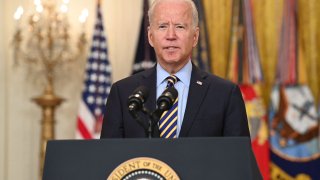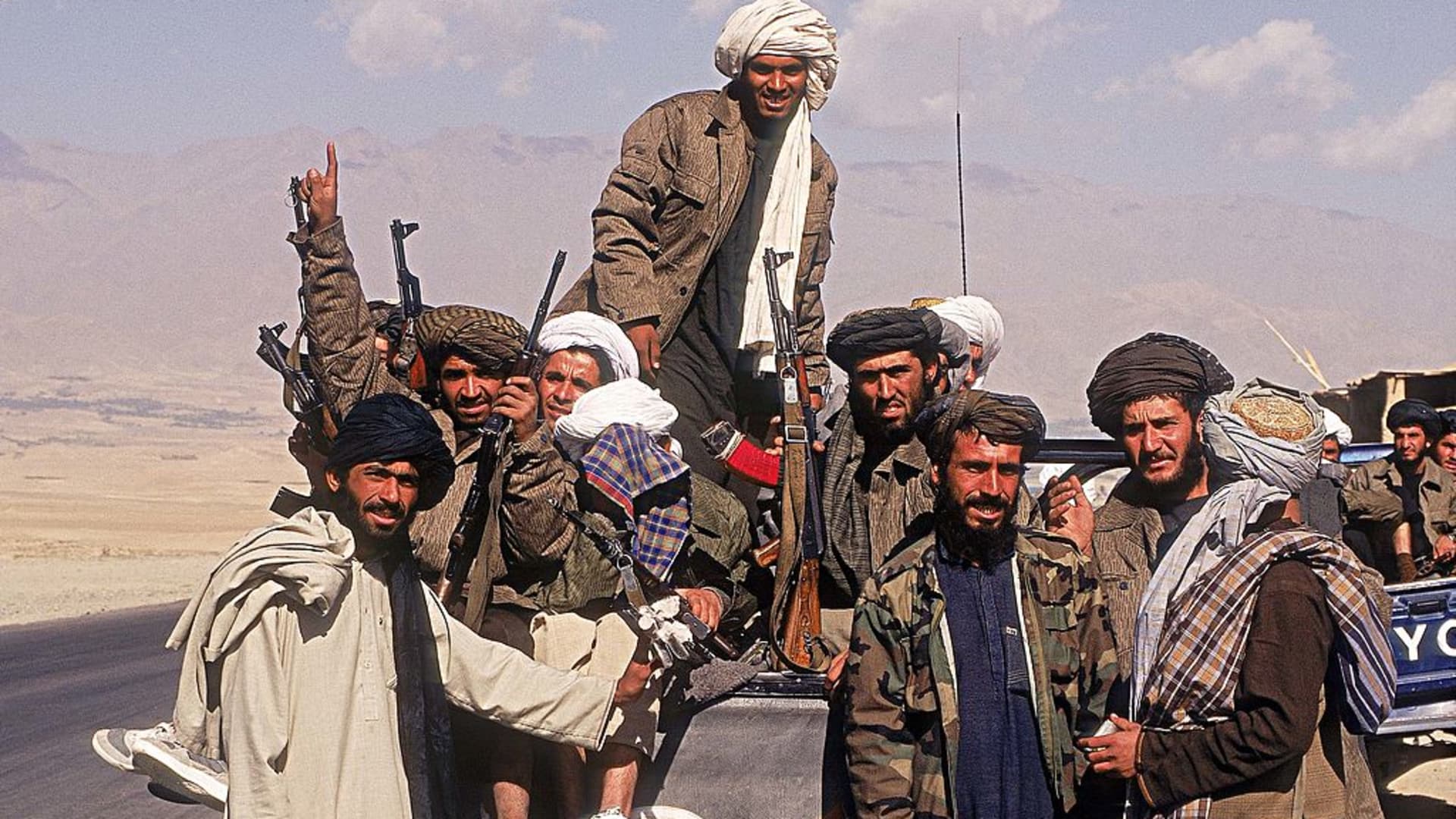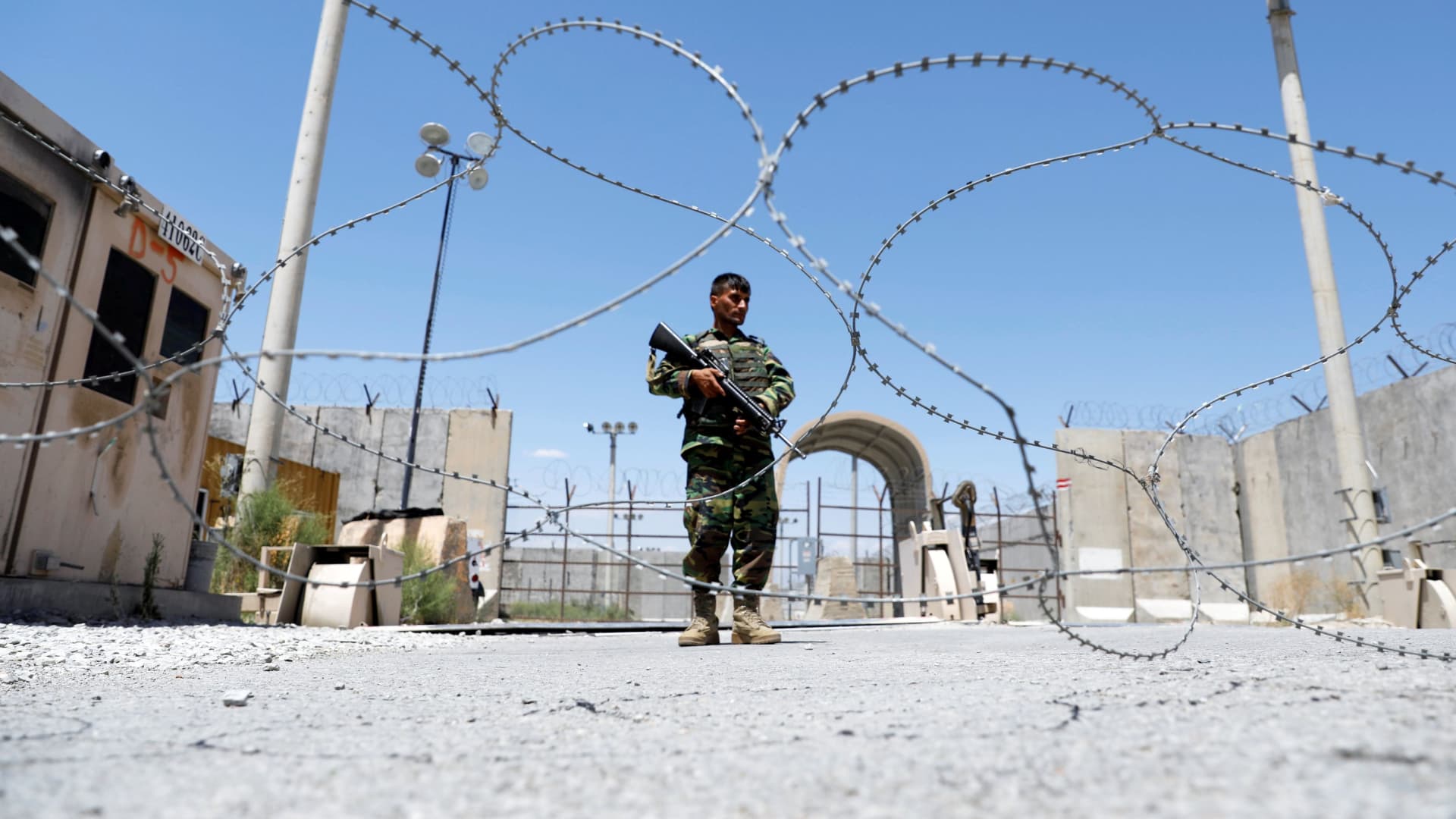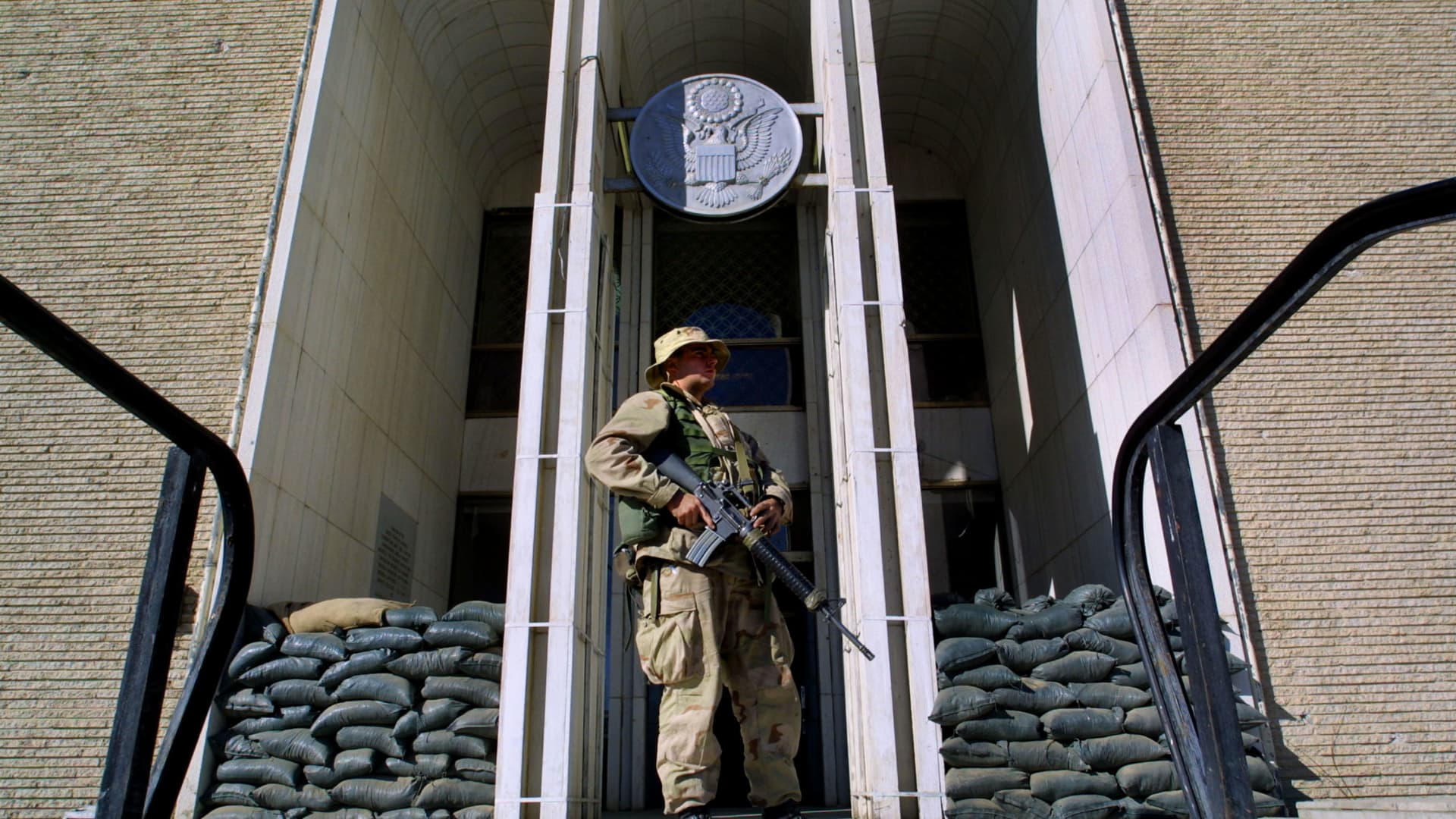
- President Joe Biden says the 20-year U.S. military mission in Afghanistan will end by August 31.
- "We did not go to Afghanistan to nation build," Biden says.
- "It's up to the Afghans to make decisions about the future of their country," says Biden, who announced in April the planned departure of U.S. forces.
WASHINGTON – President Joe Biden said the U.S. military mission in Afghanistan will end by August 31, and he called on the country's leaders to "come together" to prevent civil war.
"We did not go to Afghanistan to nation build," Biden said Thursday in remarks at the White House.
After 20 years of war, he said, the ideal conditions that the U.S. had once hoped to bring about before it withdrew troops had never materialized.
Get San Diego local news, weather forecasts, sports and lifestyle stories to your inbox. Sign up for NBC San Diego newsletters.
"How many more, how many more thousands of America's daughters and sons are you willing to risk?" said Biden, who first announced the planned departure of U.S. forces in April. "How long would you have them stay?"
"It's up to the Afghans to make decisions about the future of their country," said the president.
In April, the White House confirmed that U.S. troops had begun the herculean withdrawal process from Afghanistan. On Tuesday, the Pentagon said it had completed more than 90% of the effort.
Money Report
The update from U.S. Central Command, which oversees America's military footprint spanning from Northeast Africa to South Asia, came about two months ahead of the deadline Biden had set earlier this year.
The removal of approximately 3,000 U.S. service members coincides with the 20th anniversary of the Sept. 11 terrorist attacks, which spurred America's entry into lengthy wars in the Middle East and Central Asia.

Biden told reporters he is confident the Afghan military can hold the country from the advancing Taliban, citing the 300,000 Afghan troops the U.S. has trained and equipped in the past two decades.
"They clearly have the capacity to keep the government in place, the question is will they come together, and will they do it," he said, referring to Afghan leaders.
At the Pentagon, spokesman John Kirby said the U.S. was closely monitoring the unfolding security situation in Afghanistan. He said the Taliban had seized dozens of district centers and threaten provincial centers, too.
"We are mindful of the security situation and we are mindful of the Taliban's advance and that's why it is so important for us to press for a negotiated political settlement to this war," Kirby said.
The Taliban's stunning advances

The ongoing U.S. and NATO military withdrawal has stoked serious concerns that Afghanistan could devolve into further bloodshed.
The top American general in the country, Scott Miller, has warned that a civil war could happen as the Taliban strengthens its grip.
In recent weeks, the Taliban has made stunning battlefield advances, capturing troves of U.S. military-supplied weapons and vehicles from Afghan forces who have either fled or surrendered.
"The Taliban is at its strongest, militarily, since 2001," Biden said.
While Biden pushed back on the idea that a Taliban takeover of the country was inevitable, he acknowledged that Afghanistan is not likely to be governed by one central government in the near future.

Last week, the U.S. military quietly departed Bagram Air Base in Afghanistan, a historic milestone following Biden's order to withdraw U.S. forces from the country.
In 2012, at its peak, Bagram saw more than 100,000 U.S. troops pass through. It was the largest U.S. military installation in Afghanistan.
Afghanistan's district administrator for Bagram told The Associated Press that the U.S. departure happened overnight and without coordination with local officials. As a result, dozens of looters stormed through the unprotected gates.
Taliban spokesman Zabihullah Mujahid described the U.S. departure from Bagram "a positive step" and told NBC News that "for now" the Taliban does not plan on seizing the sprawling airbase, which is located some 40 miles north of Kabul.
American forces toppled the Taliban in 2001 after the group harbored Osama bin Laden and other al Qaeda leaders who carried out the terrorist attacks of Sept. 11. Two years later, U.S. troops invaded Iraq, a move aimed at removing then-Iraqi President Saddam Hussein.
Twenty years later, America's longest war has cost the lives of around 2,300 U.S. troops and left thousands more wounded. More than 100,000 Afghans are estimated to have been killed or wounded since the conflict began.
U.S. humanitarian commitment

Scarred by centuries of foreign invasions and beset by ethnic divisions, things like basic security, human rights and good governance continue to elude Afghanistan's civilians to this day.
On Thursday, Biden insisted that America was not abandoning its commitment to helping create a stable and secure Afghanistan, citing the humanitarian and security assistance the U.S. government will continue to provide.
Still, it had become clear to American defense officials and diplomats in recent years that the chief argument for keeping troops in Afghanistan – that Afghanistan's central government needs U.S. troops on the ground in order to secure and maintain a diplomatic truce with the Taliban – did not amount to a viable long-term plan.
"We gave that argument a decade," Biden said in April. "It's never proved effective — not when we had 98,000 troops in Afghanistan, and not when we were down to a few thousand."
"Rather than return to war with the Taliban, we have to focus on the challenges that are in front of us," Biden said. "We have to track and disrupt terrorist networks and operations that spread far beyond Afghanistan since 9/11."






